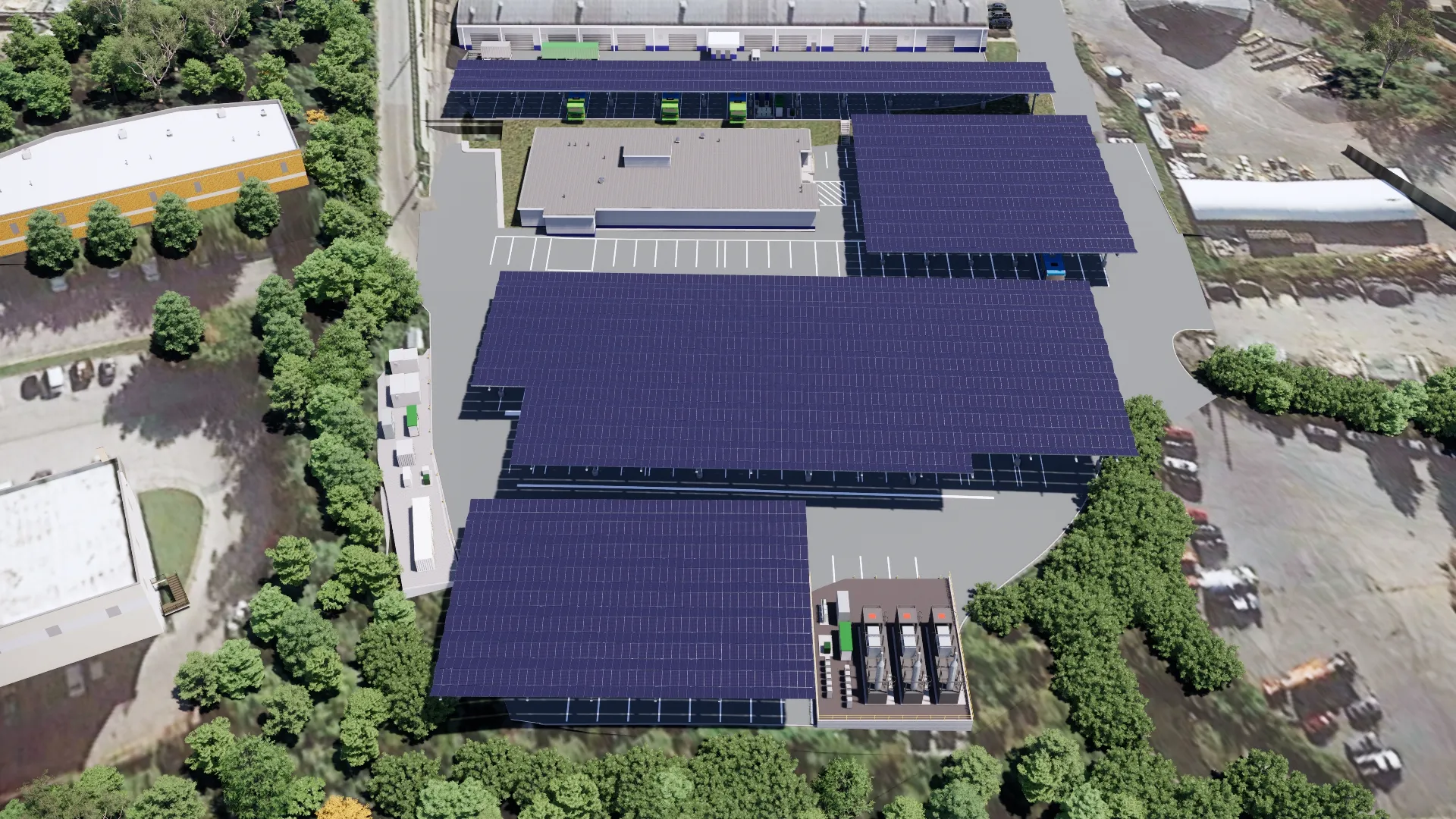The new products are intended to be compatible with J1772 CCS plug-in, as well as J3105 inverted and roof-mounted overhead charging systems. The company says the systems are capable of bi-directional, vehicle-to-grid power flow.
Proterra adds that its 60kW Power Control System is ideal for fleets with longer available charge times at the depot and can recharge vehicles in approximately six hours. The 125kW option provides a full charge in under three hours and is therefore aimed at fleets with higher uptime requirements. Meanwhile, the company’s 500kW solution is intended to deliver overhead charging on-route or at the depot for 38 miles in ten minutes.
In addition, Proterra is working with developer of overhead charging hardware Schunk Carbon Technology to create a fleet charging infrastructure for on-route or in-depot charging. The solution will be launched with the intention of supporting heavy-duty EVs that use Schunk’s overhead pantograph systems.
Poterra launches high power interoperable EV charging technology
Electric vehicle (EV) firm Poterra has released three high-power charging options which it claims will make a completely electric bus fleet in North America more achievable.
The new products are intended to be compatible with J1772 CCS plug-in, as well as J3105 inverted and roof-mounted overhead charging systems. The company says the systems are capable of bi-directional, vehicle-to-grid power flow.
May 10, 2018
Read time: 2 mins
Electric vehicle (EV) firm Poterra has released three high-power charging options which it claims will make a completely electric bus fleet in North America more achievable.







